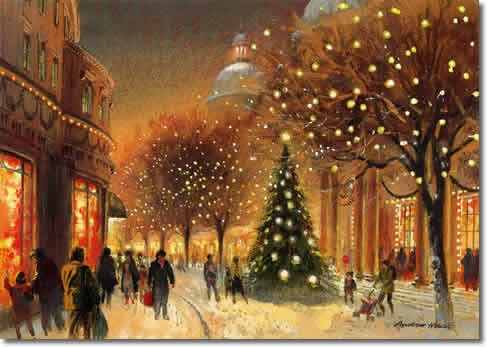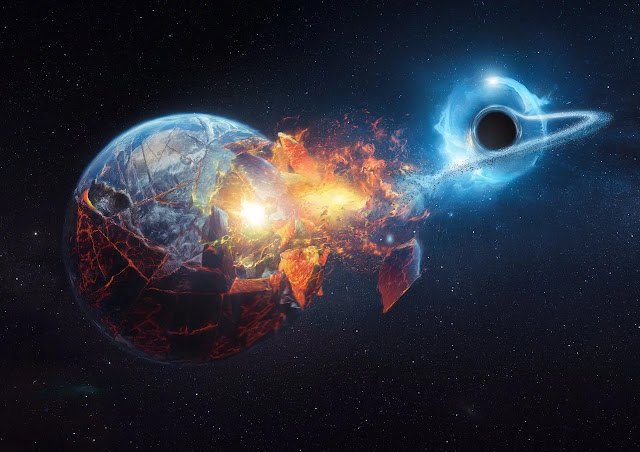Shattering the "Single Story": A Powerful Lesson in Journalism from "A Visitor To The Star"
The story serves as a timeless critique of "parachute journalism" and the danger of the "single story"—a narrative that reduces vast, complex places into a single, often negative, stereotype. Through the eyes of its two protagonists, we see how the same city can look like two entirely different worlds.
The Parachute Journalist: Seeking Confirmation, Not Truth
We first meet Anna Winter, the "front-line, award-winning, adventurous journalist." From the outset, her priorities are clear: Gucci sunglasses, extra-strength mosquito repellent, and a deep-seated anxiety about "bad hotels and bad food." She sees her work as difficult, but her difficulties are ones of personal comfort, not journalistic integrity.
Before her plane even lands in Lagos, Nigeria, her narrative is already taking shape. She isn't arriving to discover a story; she's arriving to find props for the story she already intends to write. Her shopping list of clichés is painfully clear:
She wants "local colour," but is disappointed when a respected local restaurant is "very clean and very quiet."
She dismisses the modern reality of Lagos, asking for something "more African"—a vague concept defined in her mind by "more noise, more colour... lots and lots of people."
Her story ideas are ripped from a stereotypical playbook: "Something about guns and crime, perhaps, and I need some pictures of starving people... starving people with guns if possible."
Anna isn't interested in the nuances of Nigerian life. She has a title ready—‘Darkness at noon’—and she simply needs to fill in the blanks with images that fit her dark, tragic, and simplistic view of the "Dark Continent."
The Local Expert: A Voice for Lived Reality
Her guide in Lagos is Joseph Adoga, a journalist for the local paper, The Star. Joseph represents the opposite of Anna’s approach. He is deeply connected to his city and his country, and his passion is to inform people about the world as it truly is—from local news to global affairs.
Joseph patiently attempts to dismantle Anna's stereotypes with facts and reason. When she complains about the restaurant not being "African" enough, he gently reminds her, "...we like to eat good food in good surroundings... like anyone else!"
His most powerful rebuttal comes when Anna reduces his home to a simplistic trope. He explains:
"Africa is a continent. There are 54 countries in Africa, and 900 million people. Nobody even really knows how many languages are spoken in Africa... hundreds!"
Joseph tries to show her the real Nigeria—a place of Nobel Prize-winning writers like Wole Soyinka and world-renowned authors like Chinua Achebe. He suggests an article about "everyday life," happy children, or local intellectuals. He sees his home as bright and full of light, a stark contrast to the "darkness" Anna is so determined to find.
Two Articles, Two Worlds: Who Controls the Narrative?
The story’s brilliant conclusion lies in the two articles written at the end. Anna, on her plane back to London, types out a piece dripping with romanticized clichés:
"As soon as I got off the plane I was in love with Africa. Like a noble man, disappearing into the huge sunset, Africa is impossible to know, but it will always haunt you."
She casts Joseph not as an intellectual peer, but as a "noble journalist, fighting for the cause of free speech in the Dark Continent," a helpless figure who needs "our help." Her story is not about Nigeria; it's about her own perceived heroism.
At the very same moment, Joseph sits down to read his own article in The Star. His opening line is a quiet but devastating critique of everything Anna represents:
"A Visitor To The Star" is a masterful commentary on the immense power and responsibility of journalism. It reminds us that authentic storytelling requires humility, an open mind, and a willingness to see the world as it is, not as we expect it to be. It champions the importance of local voices and serves as a powerful warning against the enduring damage of the single, stereotypical story.gins with a simple, telling observation: "European journalists are strange people.""European journalists are strange people."




Comments
Post a Comment